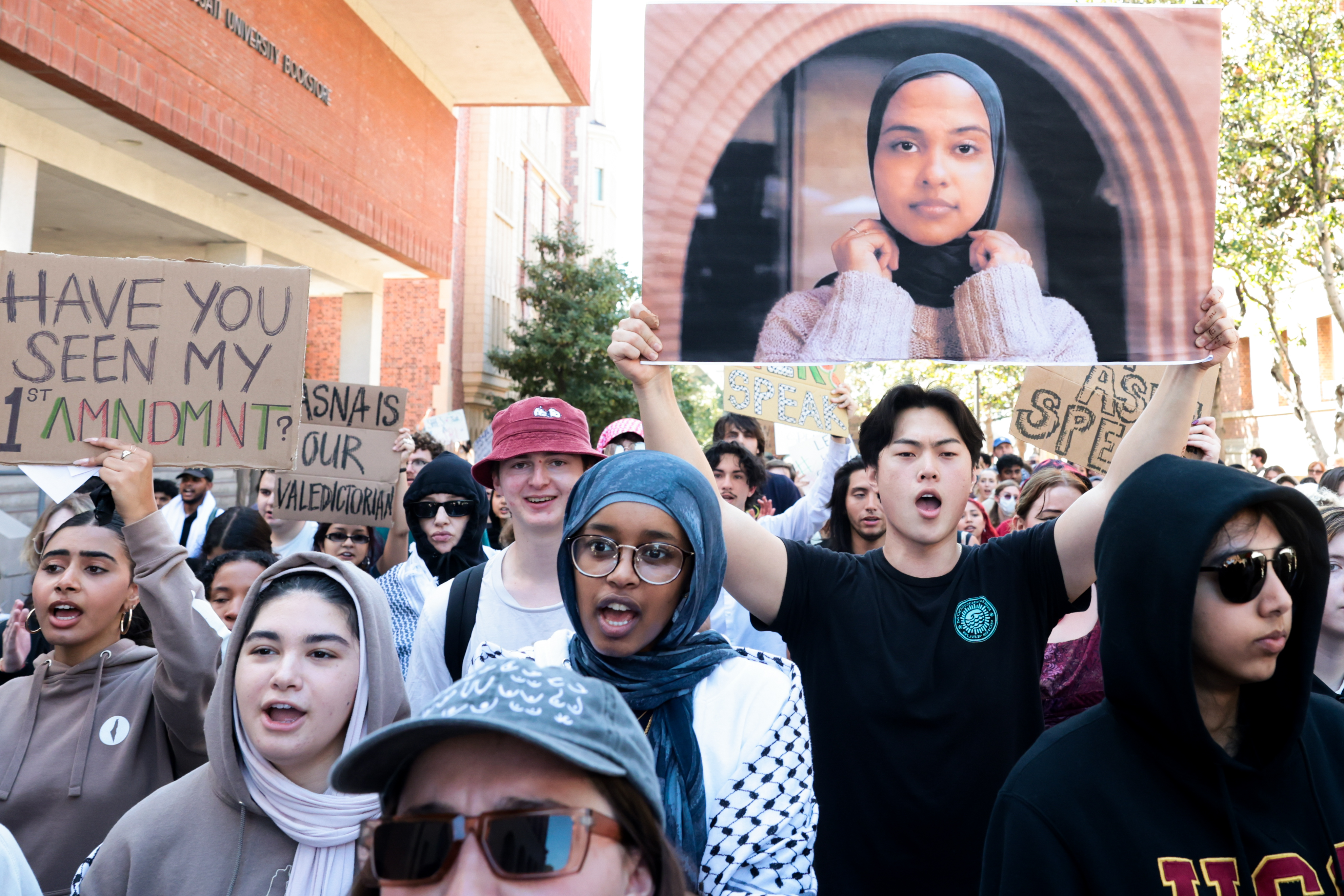Remember all the way back, 14 days back, to the June 8 statewide primary elections? Did you think that those races for governor and senate and various ballot initiatives were a big deal?
Think again. The June 8 election might not even be the most important California campaign of this month.
Today in the 15th State Senate District along California's Central Coast, voters go to the polls to choose a state senator in a wide-open special election. Two high-profile legislators (high profile at least by the diminished standards that prevail in a state in which most voters are checked out), Democrat John Laird, a former Assemblyman, and Republican Sam Blakeslee, a current Assemblyman, are running to replace Republican Abel Maldonado, who vacated the seat to become California's lieutenant governor.
Who cares? You should, for two reasons.
First, in a California full of legislative districts that are safely in the hands of one party or the other, this is a rare competitive seat. The outcome in the 15th may give a preview of which party does better in the fall. That's why labor and business groups are throwing big money into the race.
Second, if the Democrats win and pick up the seat, they will have 26 seats in the 40-seat state senate -- that's only one vote shy of the all-important supermajority of 27, or 2/3 of the seats. Since Democrats stand a good chance of picking up another seat in November's elections, a victory Tuesday could reshape budget politics in this state.
California is the only state in the U.S. that requires a two-thirds vote to pass budget bills and to raise taxes. But since the majority party doesn't have a supermajority, each budget negotiation resembles a hostage-taking, with the minority Republicans using its ability to block the budget to demand costly concessions from the majority Democrats. If the Democrats get a supermajority, that hostage taking would likely end, at least in the Senate, where Democrats could pass a budget without Republican votes.
U.S. & World
Having that kind of power also would put more pressure on Democrats, and perhaps make them more responsible about spending. Under the supermajority rules, Democrats find it easier to be irresponsible, since they never fuly own a budget and can blame Republicans, who eventually have to put up votes for a budget to pass, for anything that goes wrong. In this way, the supermajority allows Democrats and Republicans to escape being fully accountable for the budget.



